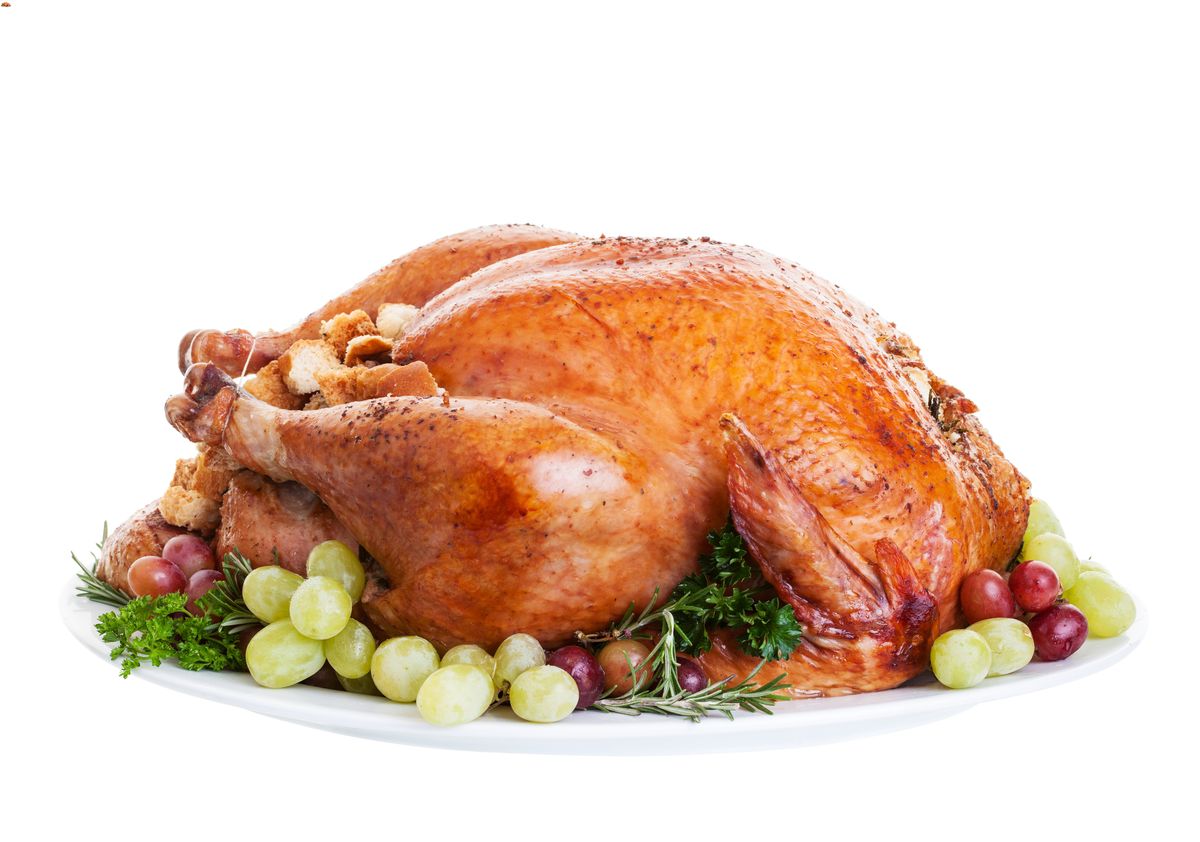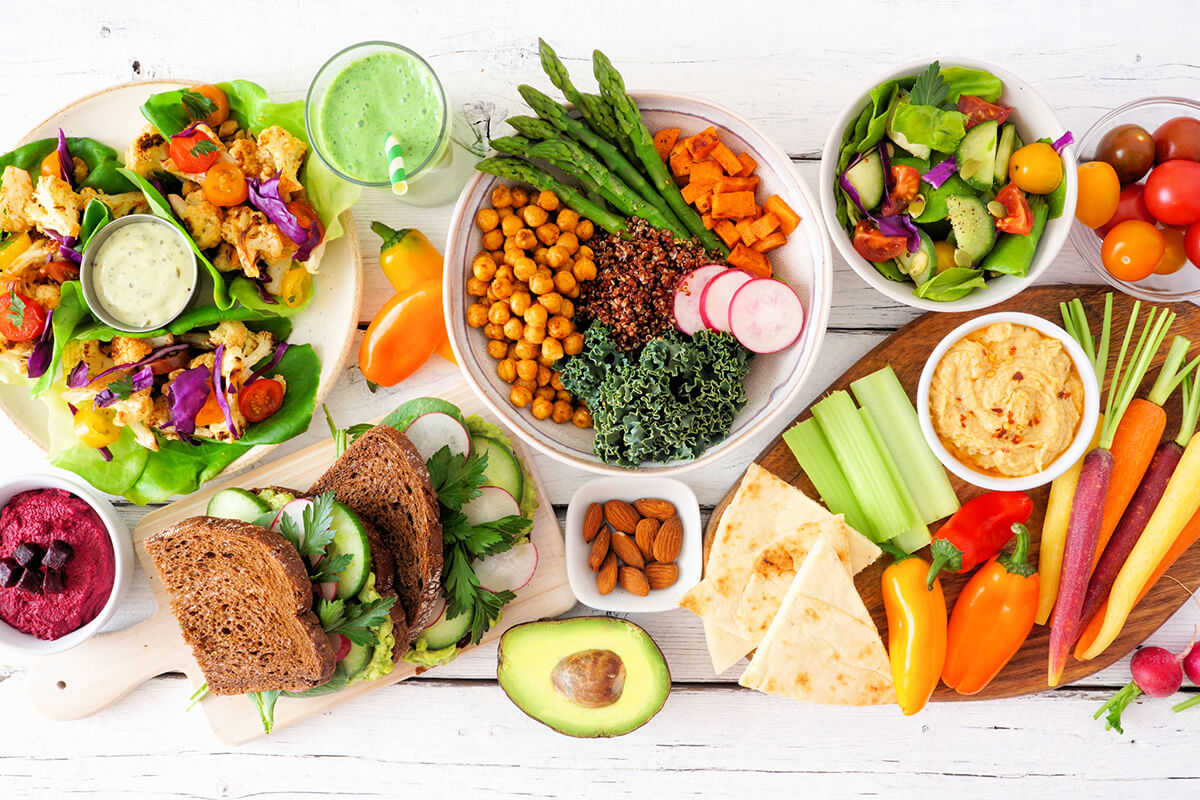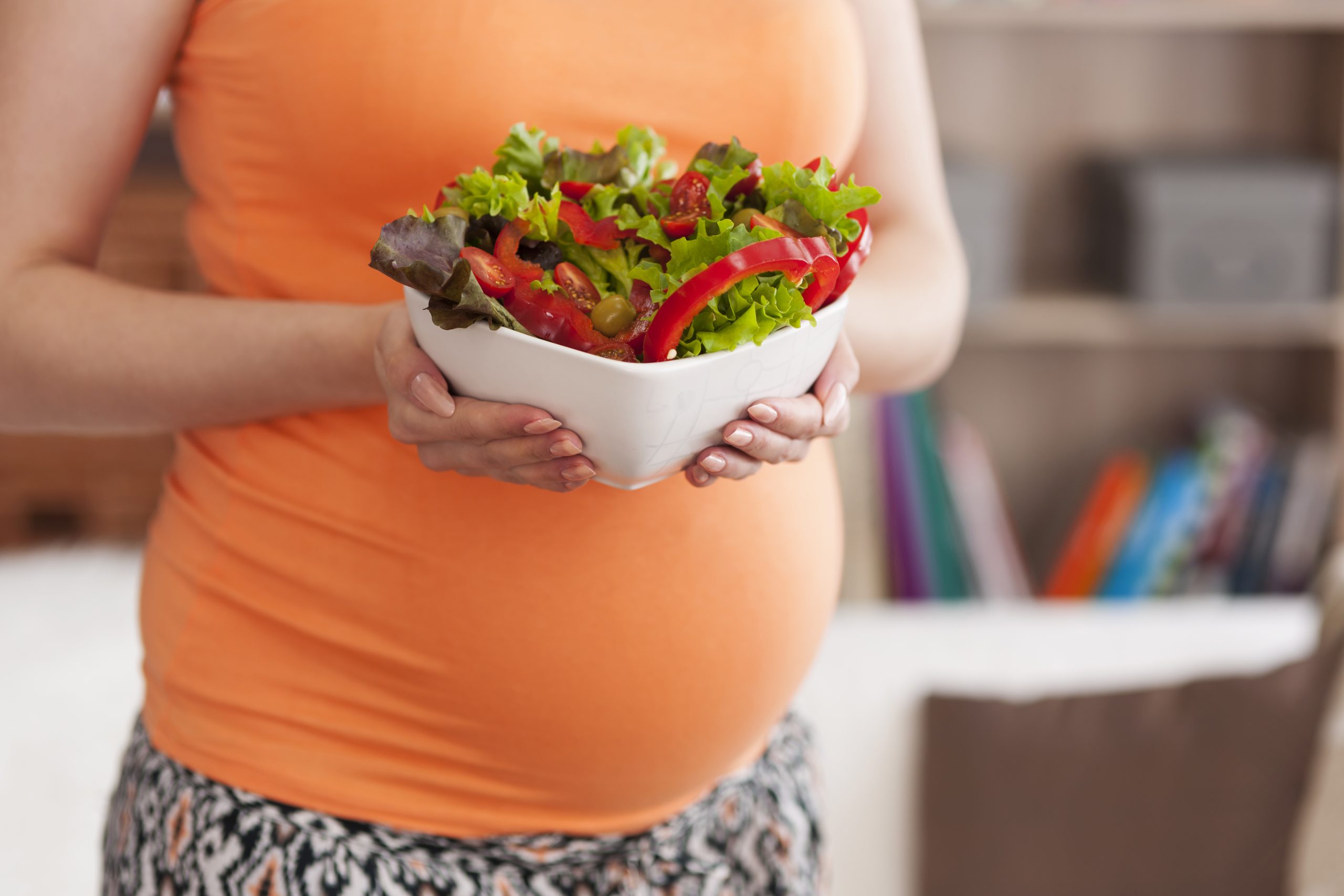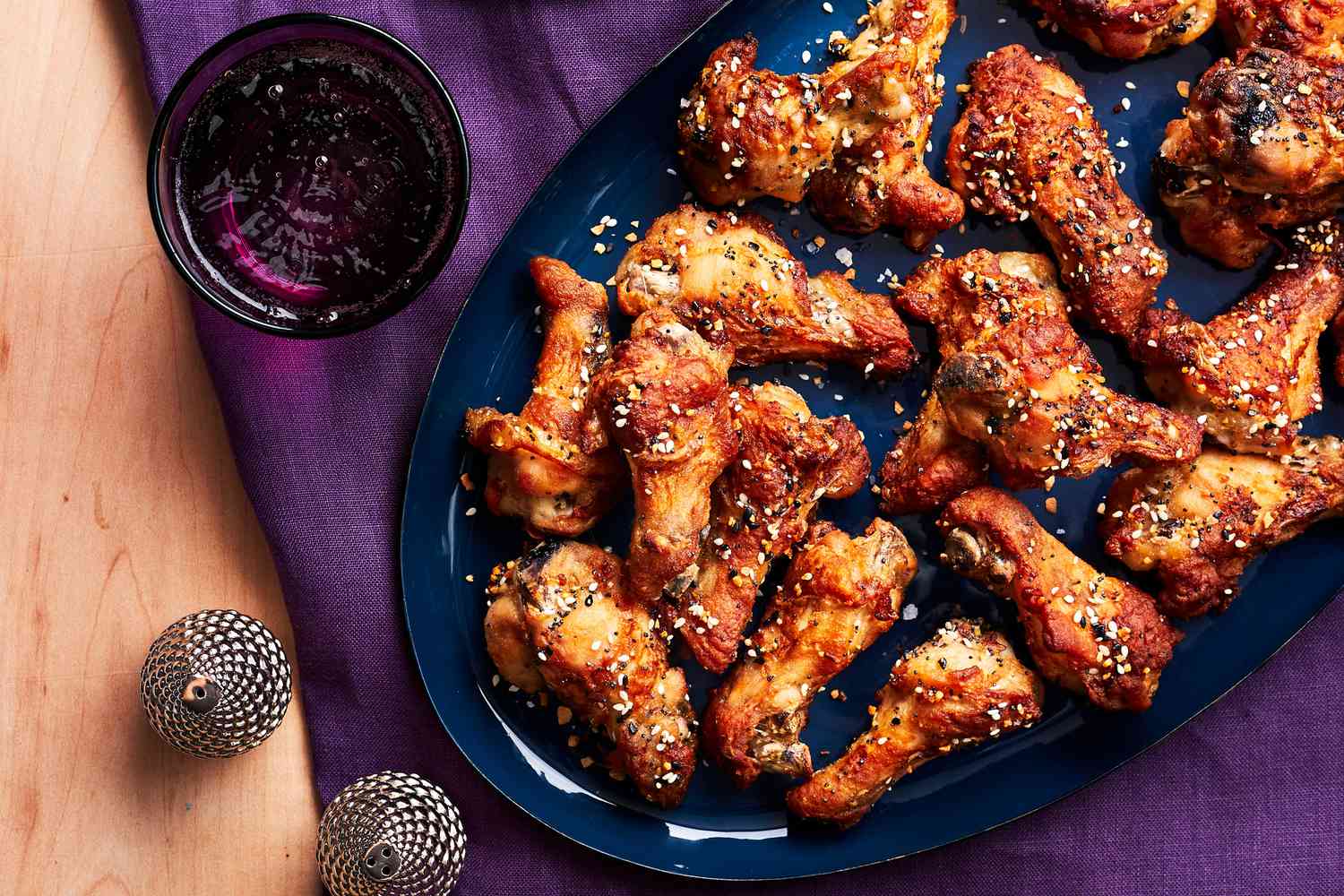Welcome to the World of Eating with Dentures!
Congratulations on getting your new dentures! It’s a big step towards improving your oral health and regaining your confidence in eating and speaking. Adapting to eating with dentures can be a bit challenging at first, but with some patience and practice, you’ll soon be enjoying your favorite foods again. Here are some tips to help you navigate the world of eating with dentures for the first time.
Start Slow and Be Patient
As you begin your journey of eating with dentures, it’s important to start slow and be patient with yourself. Your mouth and gums need time to adjust to the new dentures, so don’t rush into eating hard or sticky foods right away. Start with soft foods and gradually introduce firmer textures as you become more comfortable.
Choose the Right Foods
When you’re getting used to eating with dentures, it’s best to stick to foods that are easy to chew and swallow. Here are some denture-friendly food options to consider:
- Soft fruits like bananas, peaches, and melons
- Cooked vegetables such as carrots, potatoes, and green beans
- Tender meats like chicken, fish, and ground beef
- Soft grains like oatmeal, rice, and pasta
- Dairy products such as yogurt and cheese
These foods are gentle on your gums and will help you build confidence as you adjust to eating with dentures.
Chew Carefully and Use Both Sides of Your Mouth
When you’re eating with dentures, it’s important to chew your food carefully and evenly on both sides of your mouth. This will help prevent your dentures from shifting and ensure that you’re able to break down your food effectively for digestion.
Take Small Bites and Cut Your Food into Smaller Pieces
Instead of taking large bites, try cutting your food into smaller, more manageable pieces. This will make it easier to chew and swallow, especially as you’re getting used to the sensation of eating with dentures. Taking smaller bites will also reduce the risk of your dentures becoming dislodged while you eat.
Practice Good Oral Hygiene
Keeping your dentures clean and maintaining good oral hygiene is essential for comfortable eating. Make sure to remove and clean your dentures after meals, and brush your gums, tongue, and the roof of your mouth to remove any food particles and bacteria. This will help prevent irritation and keep your mouth feeling fresh and healthy.
Stay Hydrated
Drinking an adequate amount of water is important for everyone, but it’s especially crucial when you’re eating with dentures. Staying hydrated will help prevent dry mouth and ensure that your mouth and gums remain comfortable while eating. Aim to drink at least eight glasses of water a day, and consider using a denture-safe mouthwash to keep your mouth feeling clean and moist.
Don’t Hesitate to Seek Help
If you’re experiencing persistent discomfort or difficulty eating with your dentures, don’t hesitate to seek help from your dentist. They can make adjustments to your dentures or provide additional guidance to help you feel more confident and comfortable with eating.
Remember, adapting to eating with dentures takes time and patience. With the right approach and a positive attitude, you’ll soon be enjoying all your favorite foods with ease and confidence. Bon appétit!











